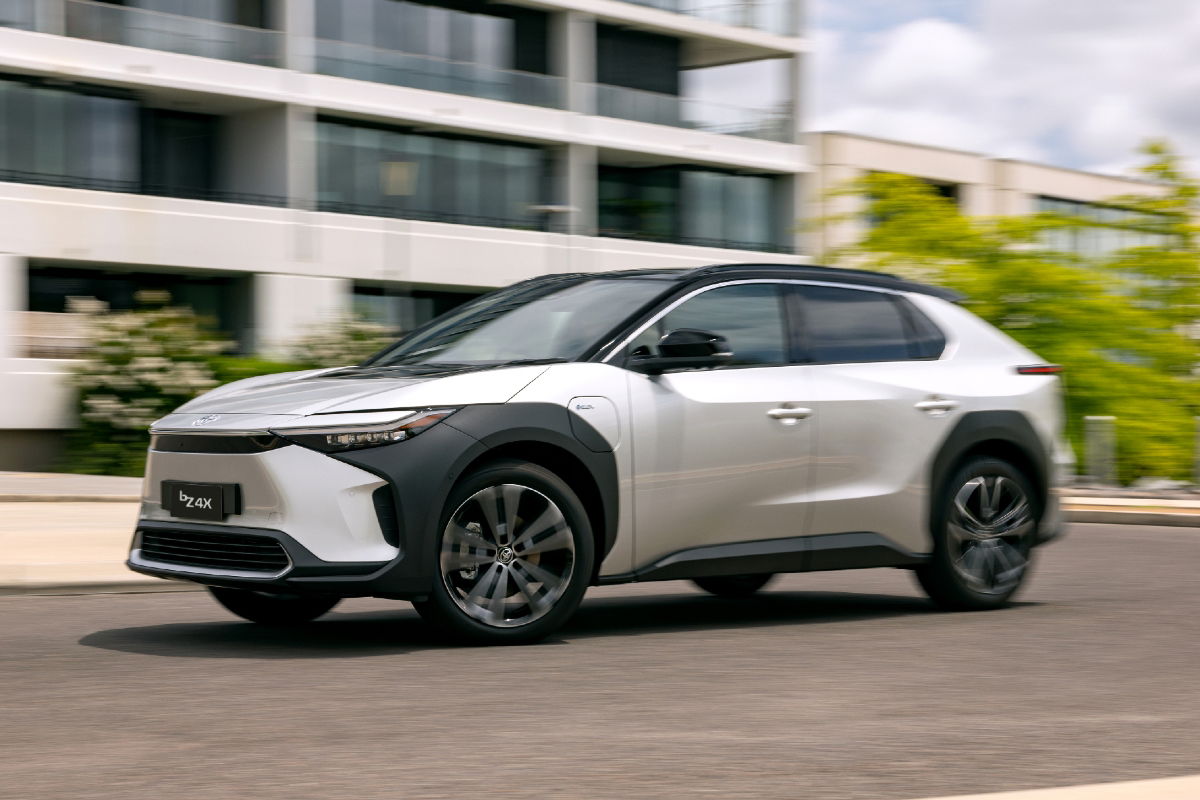
Up is down, left is right, the sky is green and grass is blue. Nothing seems to make sense anymore in the automotive world in 2024.
Toyota has become the unlikely champion of the internal combustion engine, while the likes of Porsche, BMW and Audi all head down the path of electric vehicles. Yes, the same Toyota that created the poster child for hybrid motoring. Yes, the same Toyota that was derided for decades for making ‘whitegoods on wheels’. Yes, the same Toyota that made such dynamic masterpieces (satire intended) as the Camry and Corolla.
Toyota, more than any other brand in Australia, is fighting the good fight for the internal combustion engine. It has been one of the most reluctant car makers to commit to electric vehicles, as demonstrated by the arrival of this all-electric bZ4X in 2024 – some 12 years after the Nissan Leaf first arrived.
Why? Because it believes in giving people what they want, and people want petrol-engined cars, or at the least hybrids. Perhaps it would be more accurate to say Toyota likes to sell a lot of cars and there simply aren’t enough people buying EVs to make the investment pay off at the moment.
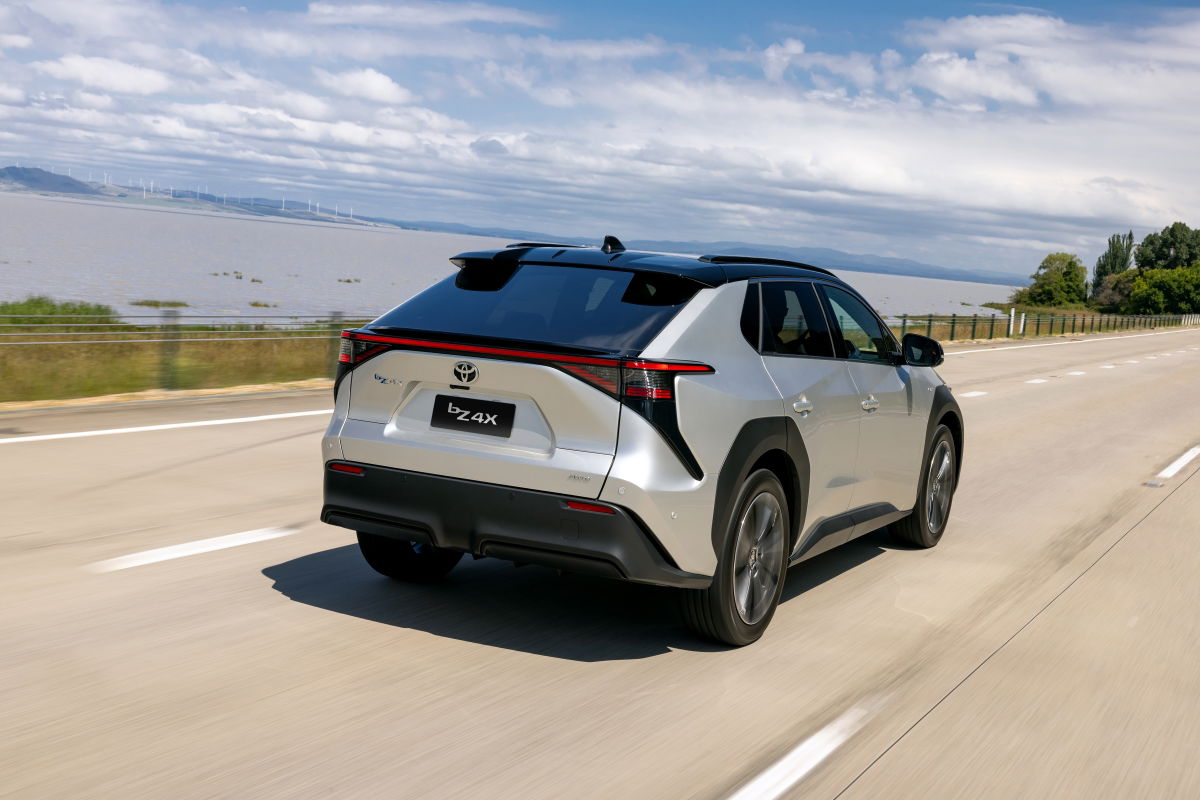
But Toyota knows it can’t afford to completely ignore the segment, so it has built the bZ4X. It almost feels like it was built begrudgingly, out of necessity rather than desire, and yet it’s actually a great electric car. More than that, it may be the most important new model released in 2024 as far as the wider car industry is concerned, even if it’s the least important to Toyota.
That’s because this isn’t just any EV, this is a Toyota. This is the brand in Australia, the most popular and trusted by new car buyers. Toyota is not only the biggest selling brand, it usually does so with a margin of nearly double its next closest competitor.
So by Toyota entering the EV market for the first time it has the potential to change the minds of millions of potential buyers. There are a lot of electric SUVs available these days, but only one has the badge of Australia’s most dependable brand – that carries weight.
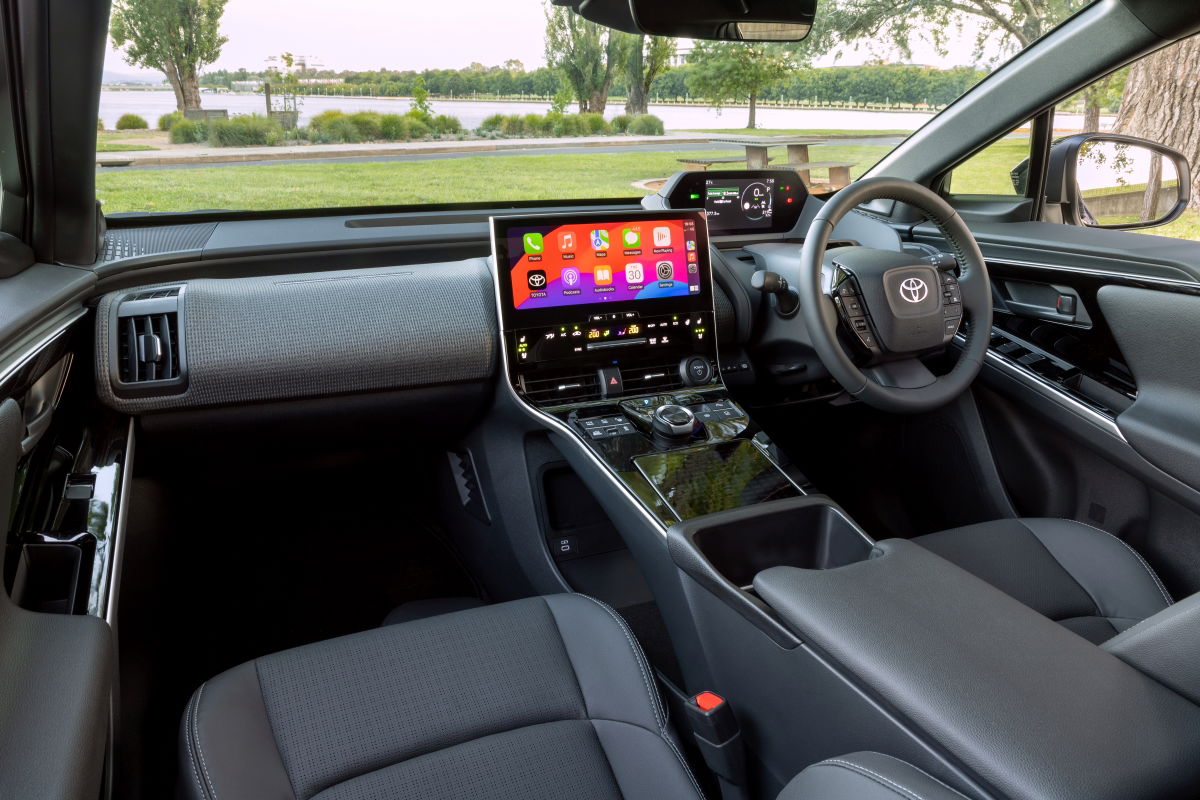
It doesn’t mean people will suddenly rush to switch, but for those on the fence or with doubts, the fact that Toyota has entered the fray gives them an option with the gravitas no other brand can match.
It also happens to be a nice SUV. It’s about the same size as a RAV4, so it’s suitable for a variety of buyers (from singles to families) and has the quiet, easy-going efficiency that we’ve come to expect from EVs.
The interior has a familiar Toyota feeling to it, but there are some unique bZ4X touches to make it feel special and different. Like the instrument display being set far back on the top of the dashboard, which actually made it hard to position the steering wheel for both comfort and visibility. There’s also some different materials used to give it a more premium touch, while still feeling unmistakably a Toyota.
There are only two models to choose from in the bZ4X range – FWD and AWD. The former features a front-mounted 150kW/266Nm electric motor, while the latter gets a second motor on the rear axle for a combined output of 160kW/337Nm. Both models have a 71.4kWh lithium-ion battery, which provides 535km for the FWD and 485km for the AWD.
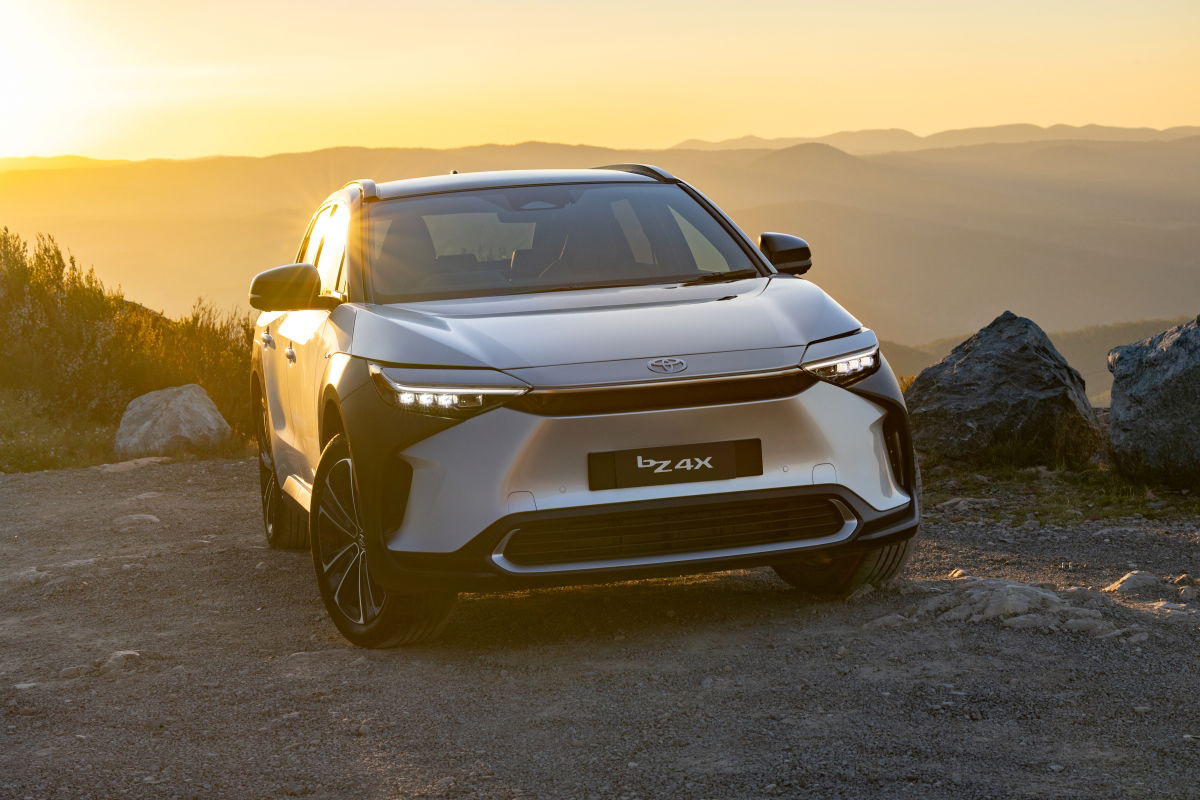
Like I said earlier, this has effortless performance, almost-silently whisking you from one place to the next with a minimum of fuss. Personally, I find that a big part of the appeal of EVs, the quiet, relaxed nature of the driving experience. Toyota has done a good job on this front, you’d never pick it as the brand’s first attempt.
But the quality of EVs was never the issue for Toyota. The problem with the bZ4X and the reason Toyota was reluctant to get into the contest is cost. The bZ4X is expensive, there’s no other way to put it. The FWD is priced from $66,000 and the AWD from $74,900, which is a lot more than the equivalent-sized RAV4. In fact, the range-topping RAV4 Hybrid AWD Edge costs just $58,360 and it’s hard for anyone to say the bZ4X offers an extra $16k in value, practicality and driveability. Another problem is the Tesla Model Y AWD Long Range is priced from $69,900, which means Toyota can’t even compete on value against other EVs.
That’s not to say the bZ4X is a bad SUV or even an overpriced one, rather just a premium option for this point in time. But for buyers looking to make the move to an EV for the first time it will no doubt be appealing to choose one with the Toyota badge on the front, because the peace-of-mind may help you feel the cost is justified… or Toyota will happily sell you a RAV4 instead… or a Corolla Cross… or a CH-R…



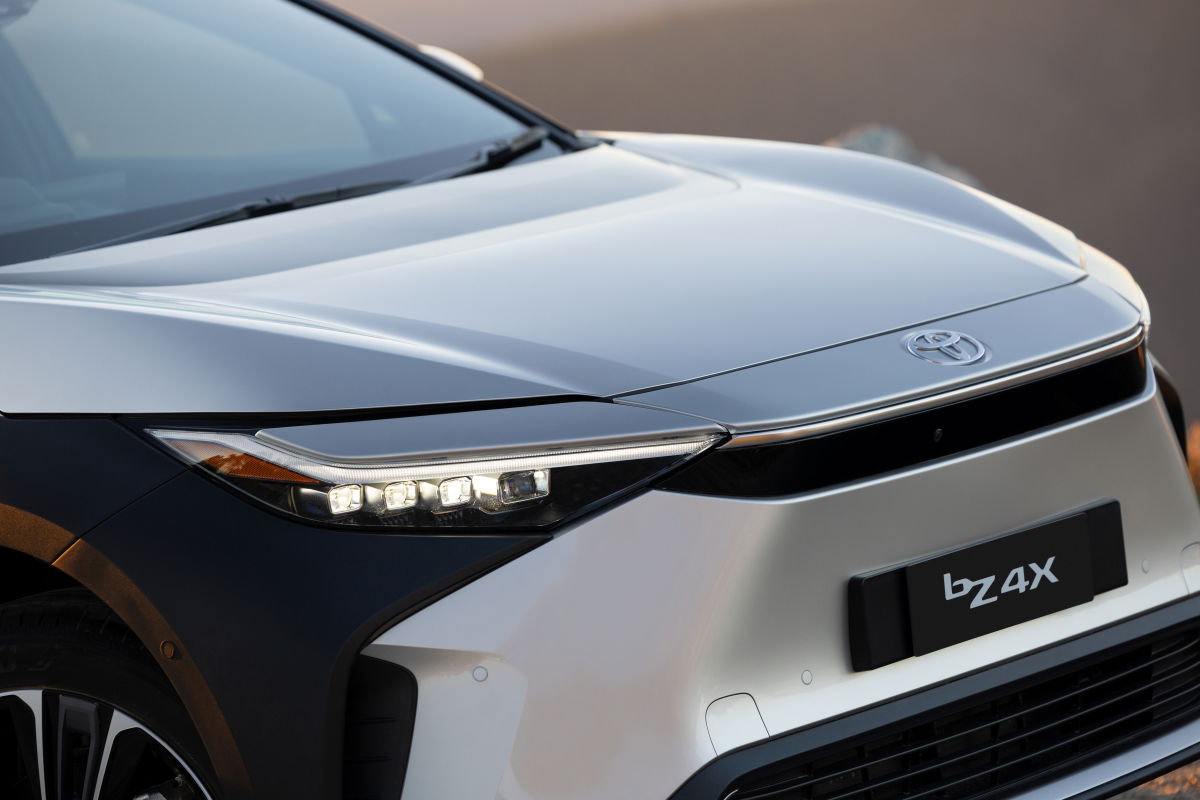









Discussion about this post